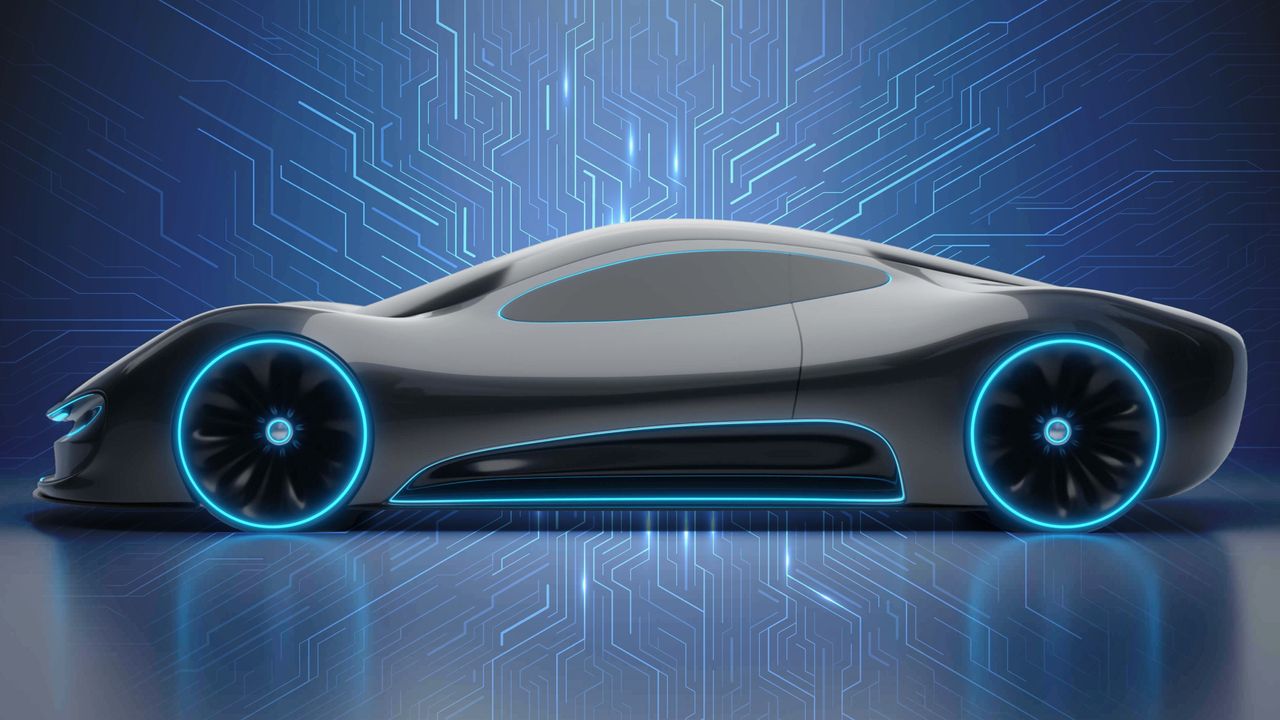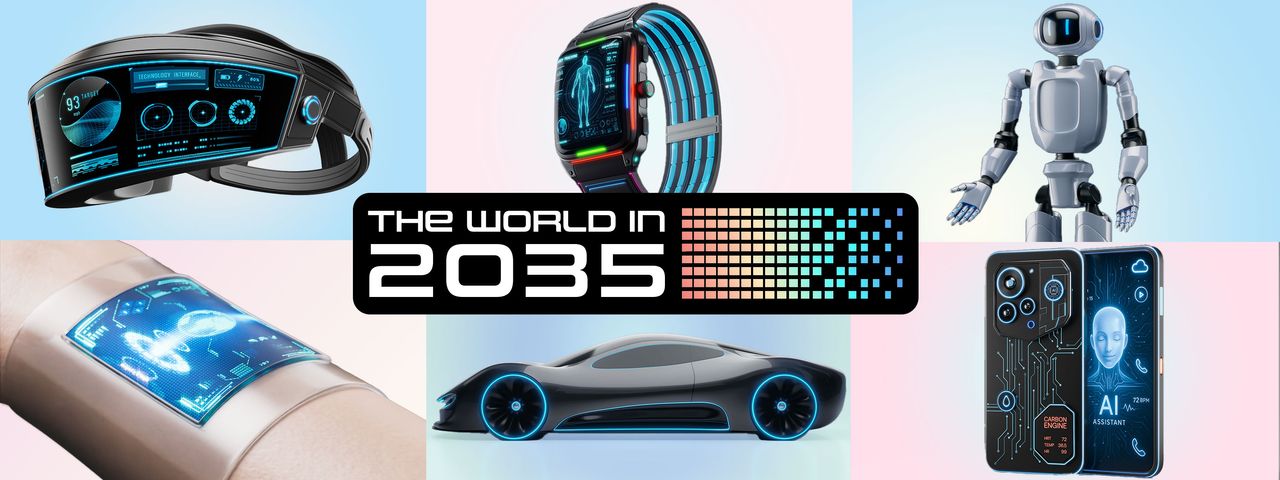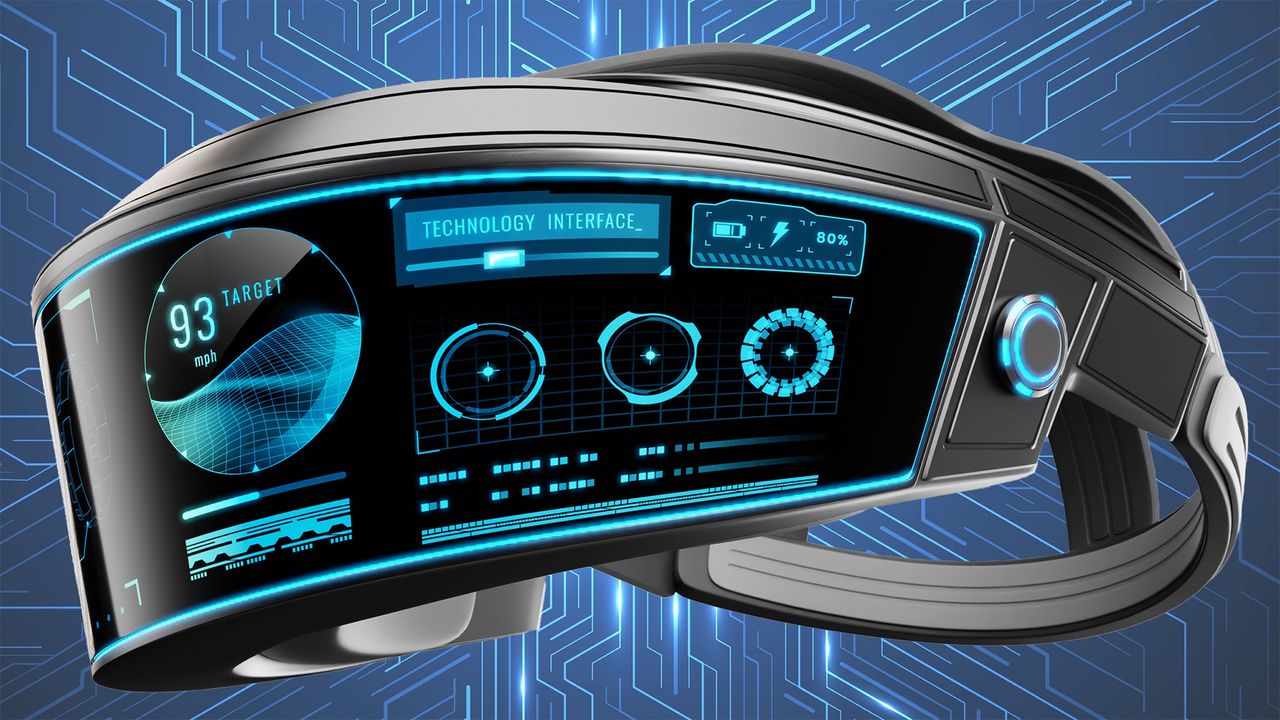The Future of Technology: Innovations to Expect by 2035
Author: John Velasco

As we look toward the future, one thing becomes abundantly clear: technological innovations are set to reshape every aspect of our lives by 2035. From flying cars to hyper-personal AI assistants, the landscape of technology promises to be as thrilling as it is transformative. This article delves into some of the remarkable advances we can expect in the next decade.
One of the most exhilarating prospects for the future of transportation is the advent of flying cars. The dream once relegated to the pages of science fiction is inching closer to reality, with numerous companies investing heavily in developing electric vertical takeoff and landing (eVTOL) aircraft. These flying vehicles not only promise to alleviate urban traffic congestion but also redefine personal mobility, potentially offering door-to-door travel that transcends the limitations of conventional vehicles.

A conceptual image of flying cars navigating a futuristic city skyline.
In parallel with advancements in transportation technology, artificial intelligence is set to revolutionize our daily interactions and enhance our productivity. By 2035, we can expect AI systems that intuitively understand our needs, emotions, and preferences, acting as personal assistants that streamline our lives. Imagine an AI that anticipates your scheduling conflicts and rearranges your calendar before you even realize a change is needed, all while learning and adapting to your unique habits.
The rise of AI will also catalyze the evolution of smart devices. The convergence of AI and augmented reality (AR) is predicted to give birth to smart glasses that seamlessly integrate digital information with our physical environment. Devices like these could replace smartphones, providing us with instant access to information while keeping our hands free for other tasks.

An assortment of futuristic gadgets, including projected displays and AR glasses.
The realm of health technology is also expected to see significant breakthroughs. Futuristic medical devices, like smart patches that monitor vital signs in real-time, will revolutionize healthcare by allowing for continuous health monitoring without invasive procedures. These innovations could enable early detection of health issues, ensuring timely interventions and personalized healthcare plans.
Telecommunications will also undergo profound changes. With the expected rollout of 6G technology, speeds will increase dramatically, allowing for instantaneous connections and enabling a host of new applications, from remote virtual reality experiences to more robust support for AI-driven applications.
However, while the potential of these technologies is immense, they also raise critical questions about privacy, security, and ethical implications. With AI constantly learning and adapting, the need for robust regulations to ensure data protection and prevent misuse becomes crucial. By 2035, society must navigate these challenges carefully to harness the full benefits of technology.

Conceptual illustration of advanced AI systems integrated into daily life.
As companies like Bell partner with innovative tech firms, such as the recent collaboration with Perplexity to enhance AI tools for searches, it illustrates how partnerships will be pivotal in bringing these advanced technologies to consumers in a practical manner. Such collaborations will empower users to learn, search, and create more efficiently, enhancing both personal and professional productivity.
In summary, the trajectory of technological advancements leading up to 2035 suggests a future filled with incredible possibilities. From flying cars that change the way we view transport to intelligent AI companions that revolutionize our interaction with technology, the innovations on the horizon are poised to create a world that is not only interconnected but also incredibly intelligent. The key will be to embrace these changes while ensuring responsible and ethical usage.
As the world races toward these innovations, it is essential for consumers, policymakers, and technology developers to work together to create guidelines that ensure technology enhances our lives without compromising our values. The future is bright, and with collaborative efforts, we can navigate the complexities and embrace the tech-driven world of 2035.